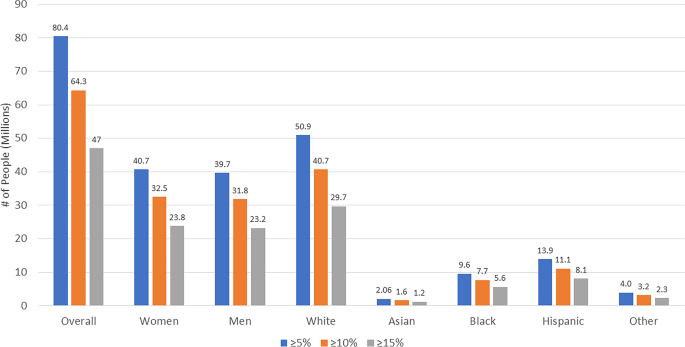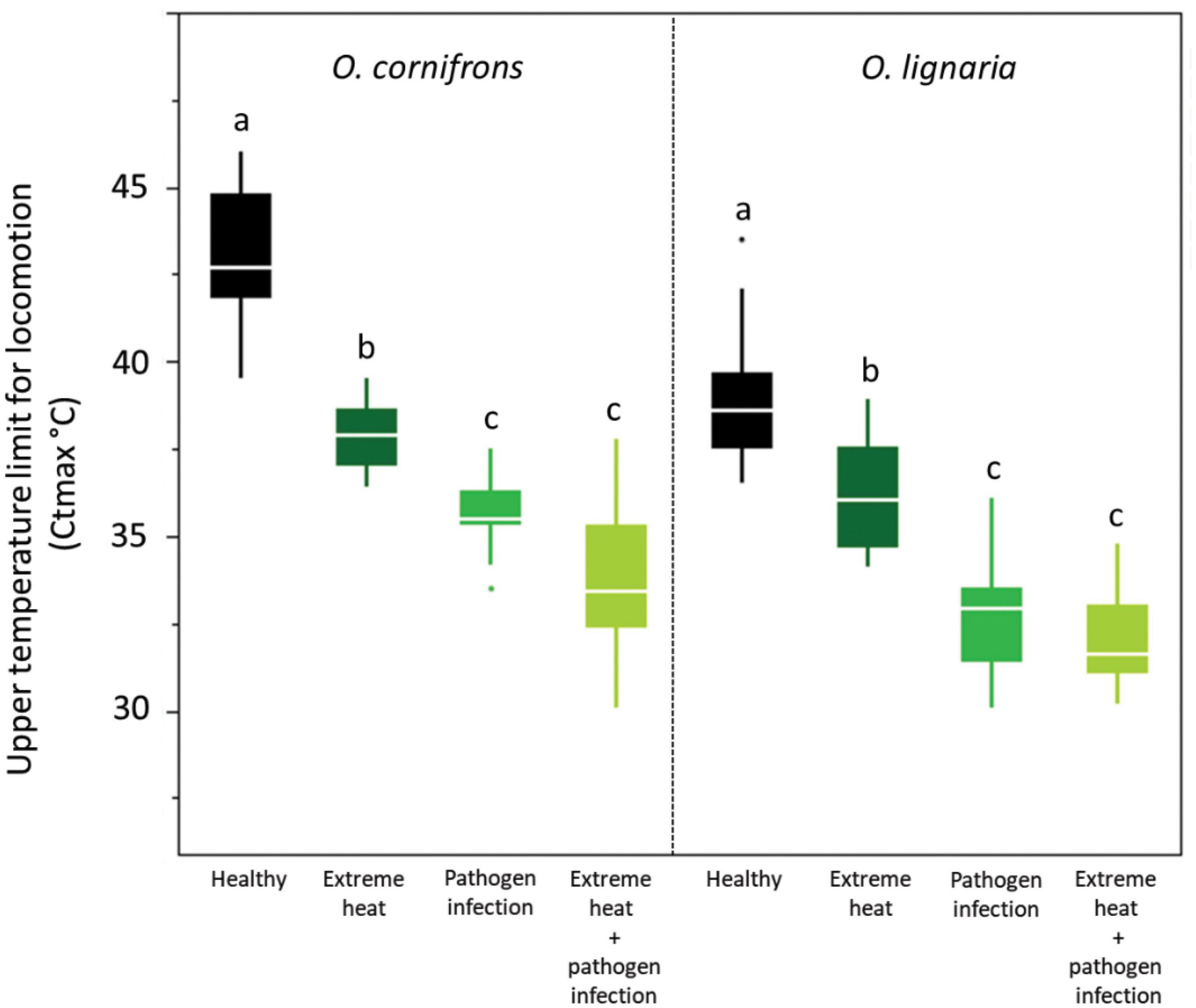2023-08-16 ニューサウスウェールズ大学(UNSW)
◆128人の対象者を対象にした研究で、キニュレニン経路の長期的な活性化が軽度の認知機能障害と関連しており、これらの症状は改善しにくいことが示されました。
◆長期COVID患者の脳のもや感は免疫応答の調整異常に関連しており、特にキニュレニン経路の活性化が重要であることが明らかになりました。これにより、長期COVIDの脳のもや感に対する診断や治療の可能性が開かれました。
<関連情報>
- https://newsroom.unsw.edu.au/news/science-tech/key-biological-pathway-reveals-insights-long-covid-brain-fog
- https://onlinelibrary.wiley.com/doi/full/10.1002/acn3.51825#:~:text=Interpretation-,The%20kynurenine%20pathway%20relates%20to%20post-acute%20COVID-19%20objective,enabling%20biomarker%20and%20therapeutic%20possibilities.
キヌレニン経路が急性COVID-19後の客観的認知障害とPASCに関係する The kynurenine pathway relates to post-acute COVID-19 objective cognitive impairment and PASC
Lucette A. Cysique, David Jakabek, Sophia G. Bracken, Yasmin Allen-Davidian, Benjamin Heng, Sharron Chow, Mona Dehhaghi, Ananda Staats Pires, David R. Darley, Anthony Byrne, Chansavath Phetsouphanh, Anthony Kelleher, Gregory J. Dore, Gail V. Matthews, Gilles J. Guillemin, Bruce J. Brew
Annals of Clinical and Translational Neurology Published: 15 June 2023
DOI:https://doi.org/10.1002/acn3.51825

Abstract
Objective
To determine the prevalence and natural history of post-acute COVID-19 objective cognitive impairment and function, and their relationship to demographic, clinical factors, post-acute sequelae of COVID-19 (PASC), and biomarkers.
Methods
A total of 128 post-acute COVID-19 patients (age = 46 ± 15; 42% women, acute disease severity: not hospitalized: 38.6% mild: 0–1 symptoms, 52% 2+ symptoms; 9.4% hospitalized) completed standard cognition, olfaction, and mental health examinations 2-, 4-, and 12-month post diagnosis. Over the same time frame, WHO-defined PASC was determined. Blood cytokines, peripheral neurobiomarkers, and kynurenine pathway (KP) metabolites were measured. Objective cognitive function was demographically/practice corrected, and impairment prevalence was determined using the evidence-based Global Deficit Score method to detect at least mild cognitive impairment (GDS > 0.5). Linear mixed effect regression models with time effect (month post diagnosis) evaluated the relationships to cognition.
Results
Across the 12-month study period, mild to moderate cognitive impairment ranged from 16% to 26%, and 46.5% were impaired at least once. Impairment associated with poorer work capacity (p < 0.05), and 2-month objectively tested anosmia (p < 0.05). PASC with (p = 0.01) and without disability (p < 0.03) associated with acute COVID-19 severity. KP measures showed prolonged activation (2 to 8 months) (p < 0.0001) linked to IFN-beta in those with PASC. Of the blood analytes, only the KP metabolites (elevated quinolinic acid, 3-hydroxyanthranilic acid, kynurenine, the kynurenine/tryptophan ratio) associated (p < 0.001) with poorer cognitive performance and greater likelihood of impairment. PASC, independent of disability associated with abnormal kynurenine/tryptophan (p < 0.03).
Interpretation
The kynurenine pathway relates to post-acute COVID-19 objective cognitive impairment and PASC, thereby enabling biomarker and therapeutic possibilities.


